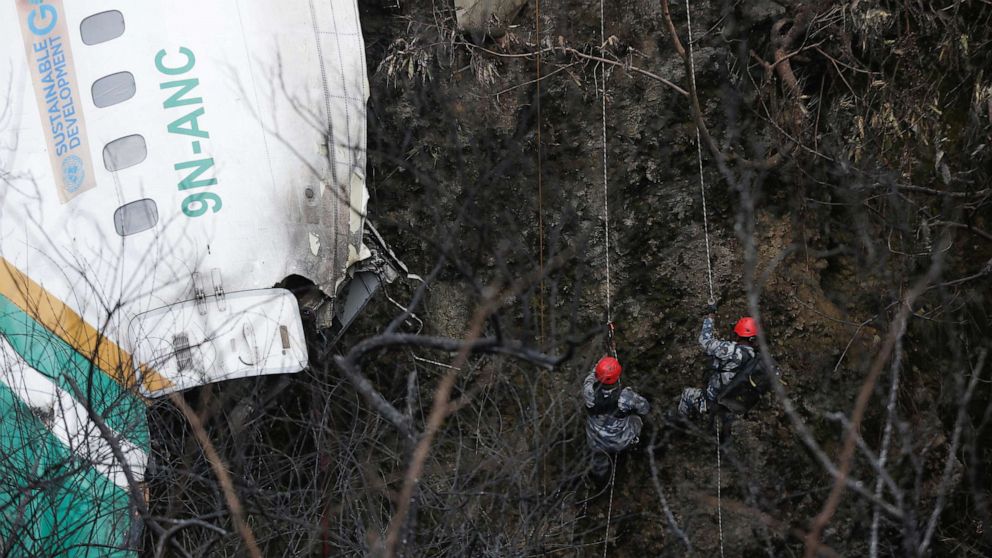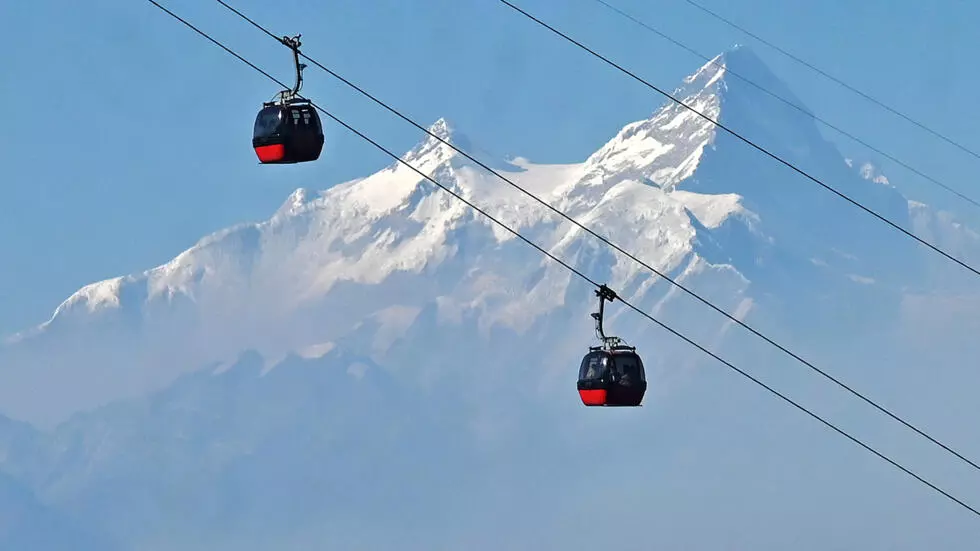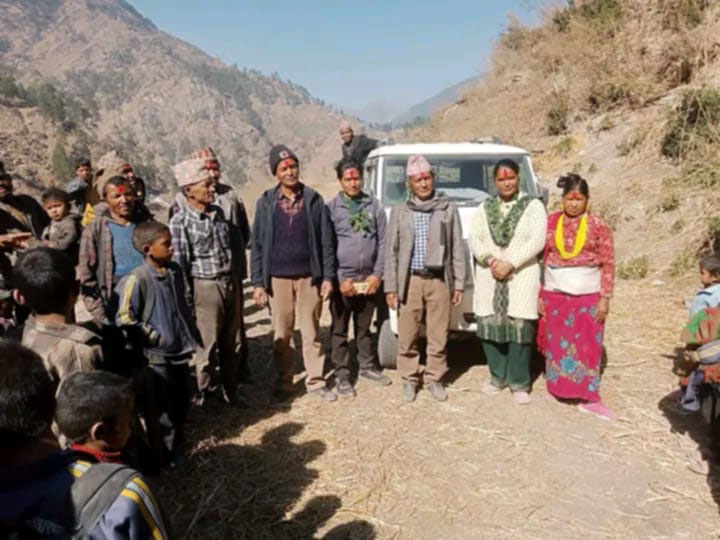Yeti Airlines Crash in Nepal: Pilots’ Mistake Led to Fatal Aerodynamic Stall, Report Reveals

Kathmandu, Nepal: A tragic plane crash that claimed the lives of 72 people in Nepal almost a year ago has been attributed to a critical error by the pilots, according to a report released by a government-appointed investigation panel on Thursday.
The crash involved an ATR 72 aircraft operated by Yeti Airlines, a privately-owned airline in Nepal. The incident occurred just before landing in the tourist city of Pokhara on January 15, marking one of the country’s most devastating airplane accidents in three decades. The victims included 72 individuals, among them two infants, four crew members, and 15 foreign nationals. Regrettably, there were no survivors.
The investigation panel, led by aeronautical engineer Dipak Prasad Bastola, identified the cause of the crash as the pilots mistakenly cutting power, leading to an aerodynamic stall. Bastola explained that due to a lack of awareness and standard operating procedures, the pilots erroneously placed the condition levers, which control power, in the feathering position instead of selecting the flap lever. This action caused the engine to run idle and not produce thrust. Despite the momentum, the aircraft managed to fly for up to 49 seconds before tragically hitting the ground.
The ATR 72, a twin-engine aircraft, is manufactured by ATR, based in France, with engines produced in Canada by Pratt & Whitney Canada (RTX.N).
This incident marks Nepal’s deadliest air crash since 1992 when a Pakistan International Airlines Airbus A300 crashed into a hillside on approach to Kathmandu, claiming the lives of all 167 people on board. Over the past two decades, nearly 350 people have lost their lives in plane or helicopter crashes in Nepal, a country renowned for its challenging aviation conditions due to sudden weather changes, particularly in regions boasting eight of the world’s 14 highest mountains, including Everest.
In response to safety concerns, the European Union has prohibited Nepali airlines from its airspace since 2013. This latest report underscores the critical need for enhanced awareness, training, and adherence to standard operating procedures within Nepal’s aviation sector to prevent future tragedies.



















Facebook Comments